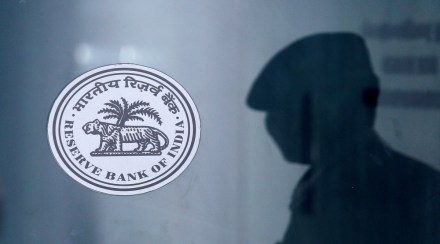The Reserve Bank of India (RBI) on Thursday announced a hike in the cap on e-Rupi vouchers to Rs 1 lakh from Rs 10,000. The move, aimed at enhancing the delivery of government schemes, will also help companies offer a larger range of benefits to their employees through the vouchers, industry players said.
The e-RUPI prepaid digital voucher developed by the National Payments Corporation of India was launched in August 2021. Since its inception, it has been a single-use cashless payment voucher with a cap of Rs 10,000. The e-vouchers are used by and large to deliver benefits to people in far-flung areas and those who are not too digital-savvy.
RBI governor Shaktikanta Das said in a statement, “It is now proposed to increase the cap of e-RUPI vouchers issued by the central government and state governments from Rs 10,000 to Rs 1 lakh per voucher and permit such e-Rupi vouchers to be used more than once (until the amount of the voucher is completely redeemed). This will further facilitate the delivery of various government schemes to the beneficiaries more efficiently.”
Executives from the payments industry see the potential for expansion of use cases associated with the e-voucher system. Harish Prasad, head of banking, India, FIS, said the increase in the cap is a significant jump, and the purpose may be to address practical issues with the current lower cap. “With expansion of e-Rupi acceptance, this also has the potential to make inroads into certain areas addressed by gift cards and it would be interesting to watch out for a possible link, at some point, between the proposed Digital Rupee and the e-Rupi programmes,” he said.
Ankit Bhatnagar, head of product, Mswipe, said the higher cap will help increase digital payment acceptance in tier-2 to tier-6 locations in 2022. “Unlike other digital payment modes, beneficiaries need not have a bank account for e-RUPI services and hence RBI’s proposal will further provide enhanced flexibility, transparency and ease to customers while allowing them to use a single voucher multiple times,” Bhatnagar said.
Some players sought greater linkages between the e-Rupi system and other payment channels. Reeju Datta, co-founder, Cashfree Payments, said the RBI should consider extending this new cap to other B2C use cases by improving the acquiring infrastructure for e-Rupi and integrating it with existing point of sale systems. “This will also encourage its use by private corporates and for other customer segments as well, such as larger value corporate gifting, transit/ payroll/ student cards and forex travel cards,” he said.
